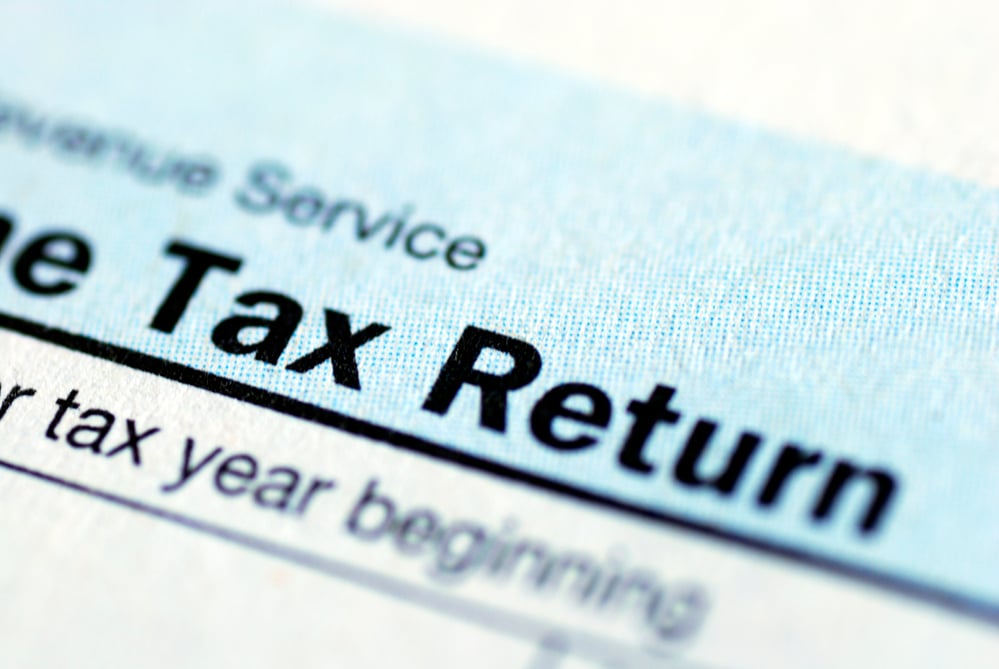
When the IRS finds questionable information on your tax return, it could decide to audit you. An audit could lead to you paying more money or incurring expensive penalties and fines. Using these five important strategies, you can file your taxes and make your returns as audit-proof as possible.
Explain a Boost in Income
The IRS will take notice of a significant increase in your reported income. If your business earned more money this past year or if your household income increased substantially, the IRS will want a reasonable explanation for this new influx of cash.
You can avoid an audit by providing documentation like W-2s, 1099s, and other paperwork that outlines your larger income. You can also provide invoices for an increased demand for your business' products and services.
Avoid Number Errors
When you file your income taxes, you should take the greatest of care to make sure that your numbers add up correctly on your returns. Even the slightest mistake could signal to the IRS that something is amiss with your taxes. You can make sure the numbers on your returns are correct by:
- Double checking your math for any errors
- Making sure the numbers on your W-2s and 1099 earning statements correlate with what you listed on your returns
- Completing all necessary blanks and spaces on your returns
- Filing electronically to avoid mathematical errors
A miscalculation or omitted piece of information could result in the IRS auditing your returns. Avoiding simple mistakes with numbers can keep your returns audit-proof.
Report Reasonable Deductions
The IRS is always on guard for returns that claim too many exemptions. While it is logical for businesses to claim some deductions, those that list too many put themselves at risk for being audited.
If you plan on claiming deductions for your small business, you should make sure that they correspond with the size of your company. Claiming a large number of exemptions for travel, entertainment, dining, and other expenses could signal to the IRS that you are more or less cheating on your taxes.
Be Honest about Independent Contractors
Many small businesses choose to work with independent contractors in lieu of hiring employees. Freelance workers typically cost less because they get paid by the job and also are not eligible to use company benefits and other perks that cost companies money.
However, the IRS takes notice of small businesses that report utilizing an unusually large number of independent contractors. This activity could indicate that these business owners are trying to avoid paying payroll tax. Rather than risk garnering undue IRS attention to your business, you should be honest about your use of freelance workers.
Avoid Reporting Repeated Losses
The IRS requires that small businesses make a profit three out of five years at minimum. If your business fails to meet this requirement, it could be reclassified as a hobby rather than a legitimate business by the government. If it is classified as a hobby, you would not be able to file taxes and recoup losses until you once again show that you are making a profit.
When you want to avoid this reclassification as well as an audit, you should avoid reporting losses year after year. This continued reporting of losses raises the attention of the IRS and could cause the government to suspect that you are trying to get refunds to which you are not rightfully entitled.
The IRS continues to audit returns that look suspect. You can make your personal or business returns audit-proof by using these important and simple tips when filing taxes this year.




